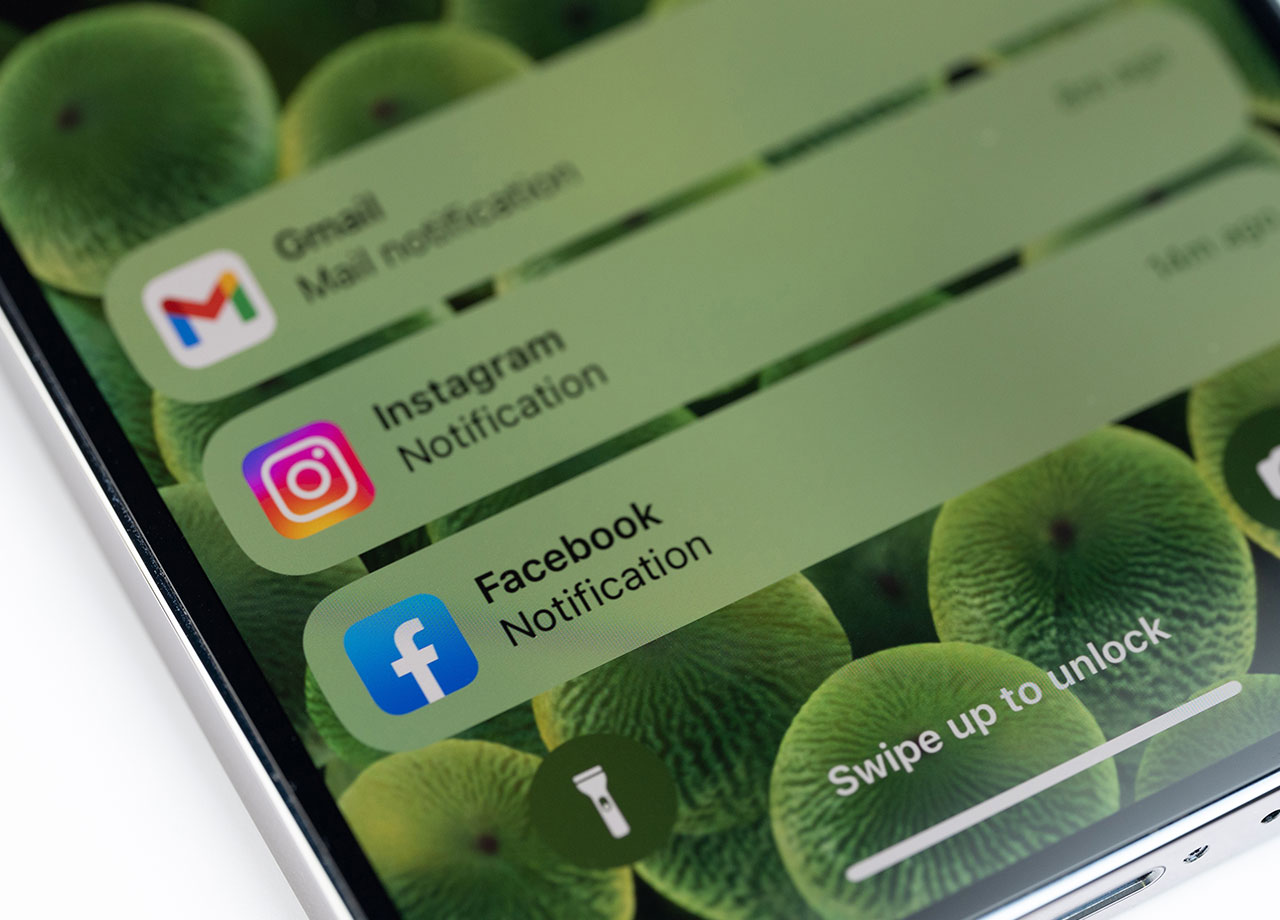Is there ever an end to the spam messages you receive on a daily basis? It doesn’t seem so — and in fact, the problem just seems to be getting worse. People who send spam hope you’ll answer — or click on the links they send. Your actions just allow them to get more of your data, at the expense of your privacy and security. If you can stop responding to spam, and delete and report junk, you will help at the very least make their efforts unsuccessful. This won’t guarantee you’ll never receive spam messages again, but it will help keep your data protected.
Spammers are getting more clever, though. Their messages can seem so real at times that it’s tempting not to write back and ask for more information, or to click on a link and see if you really did win that incredible prize that’s being promised. Before you commit data and privacy mistake 101, these are the unexpected spam messages that you should never answer — they can steal your information.


1. Too-Good-To-Be-True Prizes
We hate to be the ones to break it to you, but you probably didn’t win one million dollars just for being alive and lucky, no matter what your latest spam email claims. All of these fake emails and texts have one thing in common: they’ll require that you click on a mysterious link to verify your win. Of course, this link can lead to something nefarious like malware. The message may even ask for personal information so that you can stake your claim, such as your social security number or bank details. Never provide info to these senders. Delete and report these messages, as they are nothing more than a dangerous menace.

2. Phishing Attempts
You’ll know an email is phishing for your information when it appears to come from a legitimate business, such as your bank or a government agency. The message often includes scare tactics to get your attention. It may claim that you owe the IRS thousands of dollars or that your account has been hacked and you need to click on a link and provide information to keep your data safe. Chances are, if you look closely you’ll notice the email address isn’t legit — it’s from a Gmail account or there is something off about how the company’s name is spelled. Don’t click on links in these emails or call numbers provided in the message.

3. Customer Support
One common spam message is the altruistic-seeming customer support message, which turns out to be completely fake. This spam will sound like it’s coming from a real customer service department, such as Apple, but if you hone in on the department name, something will be off (even if there’s a symbol somewhere in the name). Scammers will provide a link or phone number so that they can help you more, but if you follow through they will hound you for personal information that can be used against you.
Generally speaking, if you need customer support, you’ll be the one to call and ask for it. Ignore these fake messages like the plague to protect your data.


























